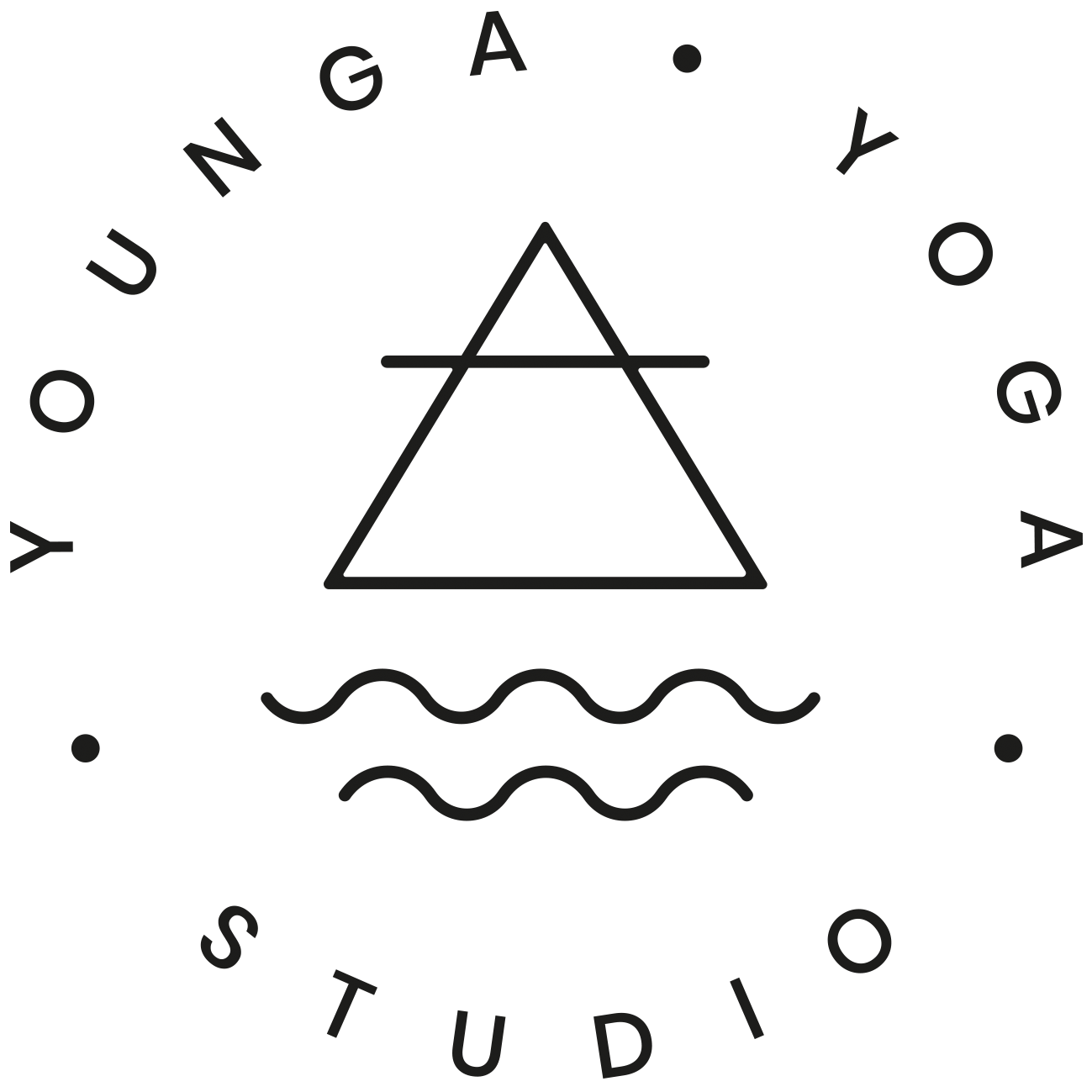5 TOP TIPS ON HOW TO PRACTICE SAFELY AFTER A LONG BREAK
ARE YOU THINKING ABOUT GETTING BACK TO YOGA AFTER A BREAK?
It's no secret that when you start back at a physical activity (including yoga) after taking a long break, the body takes time to adjust. Aches and pains are to be expected - and sometimes you might find that old injuries flare up.
Our aim is to help you practise safely and with awareness, and to practise in a way TODAY that ensures you can continue practising TOMORROW. So, today we thought we'd share with you our 5 top tips on how to practice yoga safely after a long break!
TIP #1
Notify your teacher of any recent injuries, pain or surgeries you've had. As a teacher in front of a class of 30 people, I am used to catering for all different kinds of injuries, pregnancy & other conditions at once, but I'm not a mind reader! So the #1 thing you need to do as a yoga student if you have any old injuries or recent niggles to let the teacher know so they can give you safe options in class.
TIP #2
Listen carefully for modifications given in class that apply to you. During most (good) yoga classes, you'll hear options that are given in case you have certain injuries or conditions. You'll also often hear the phrase "if you'd like to take it further" which is teacher speak for "if you are breathing in a relaxed way, pain free and will not pop a blood vessel trying this, then take it further".
In upward dog, we'll often give you the option to do baby cobra instead. Watch this video with Deb on why baby cobra is often a better choice for those who've had a break or those with shoulder issues.
TIP #3
Rest as needed, during & between classes. One of the biggest reasons that people get injured (especially after a break) is because they come back TOO HARD TOO SOON. So make sure you allow yourself the time to rest during class & also allow for sufficient rest between classes when you first get back.
TIP #4
Choose your classes carefully & choose options that are suitable for you. Not all classes are created equally - so it's good to consider what your everyday life looks like (is it sedentary, stressful, fast or slow paced) and then match your class to your lifestyle needs.
As an example, if you have a very physical job, or your life is very fast paced, a YIN class is a great option to help you slow down & benefit from restorative postures. On the other hand, if your lifestyle is quite sedentary then you might benefit from a strength based classes, or a beginner specific class to address technique with repetition.
Of course sometimes you just have to make it to the class timeslot that suits your schedule, so you can always ask your teacher how to make the practice more restorative or challenging depending on your needs.
TIP #5
Take a private lesson to refine your technique. If you've got an injury, or want to focus on something specific in your yoga practice, then a private lesson with one of our teachers, or Exercise Physiologist: Russ Young is a great option. We offer 30 and 60min sessions and can tailor the session specific to you and your needs. In some cases (chronic pain or an ongoing injury or medical condition) Medicare provides a 50% rebate if you have a health care plan from your GP and referral for Exercise Physiology.
We are super passionate about helping our students build strength, stamina, improve life balance & get more flexible - both physically on the mat, and mentally by being able to cope more effectively with life's ups and downs.
Let us know here via email if there is anything we can do to help you.
Love Deb & Russ.


